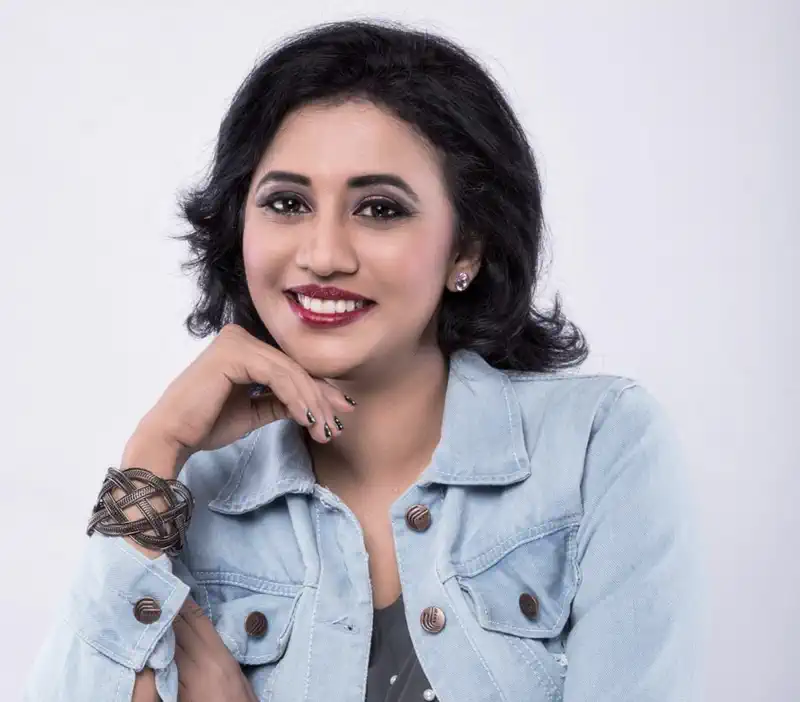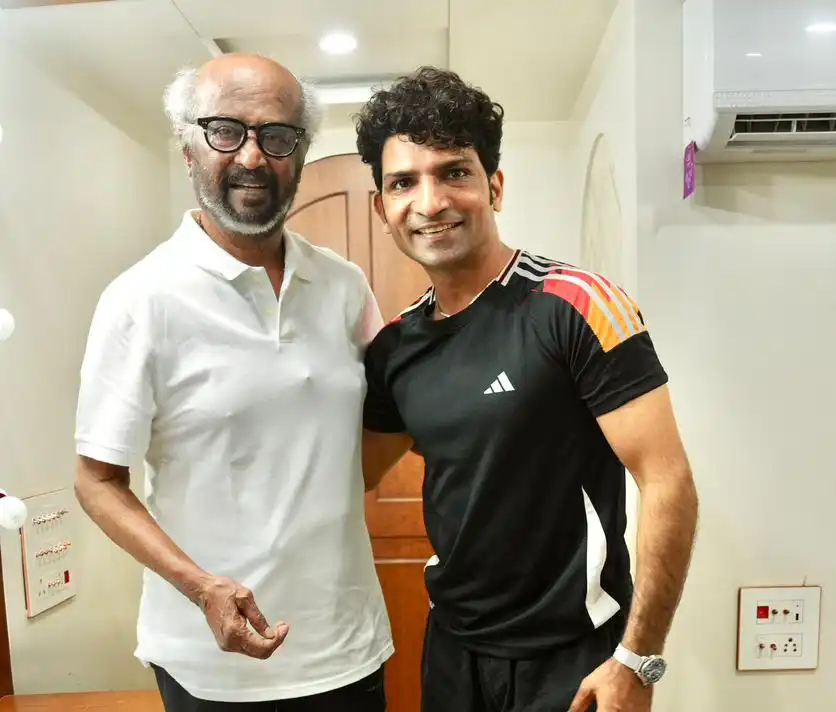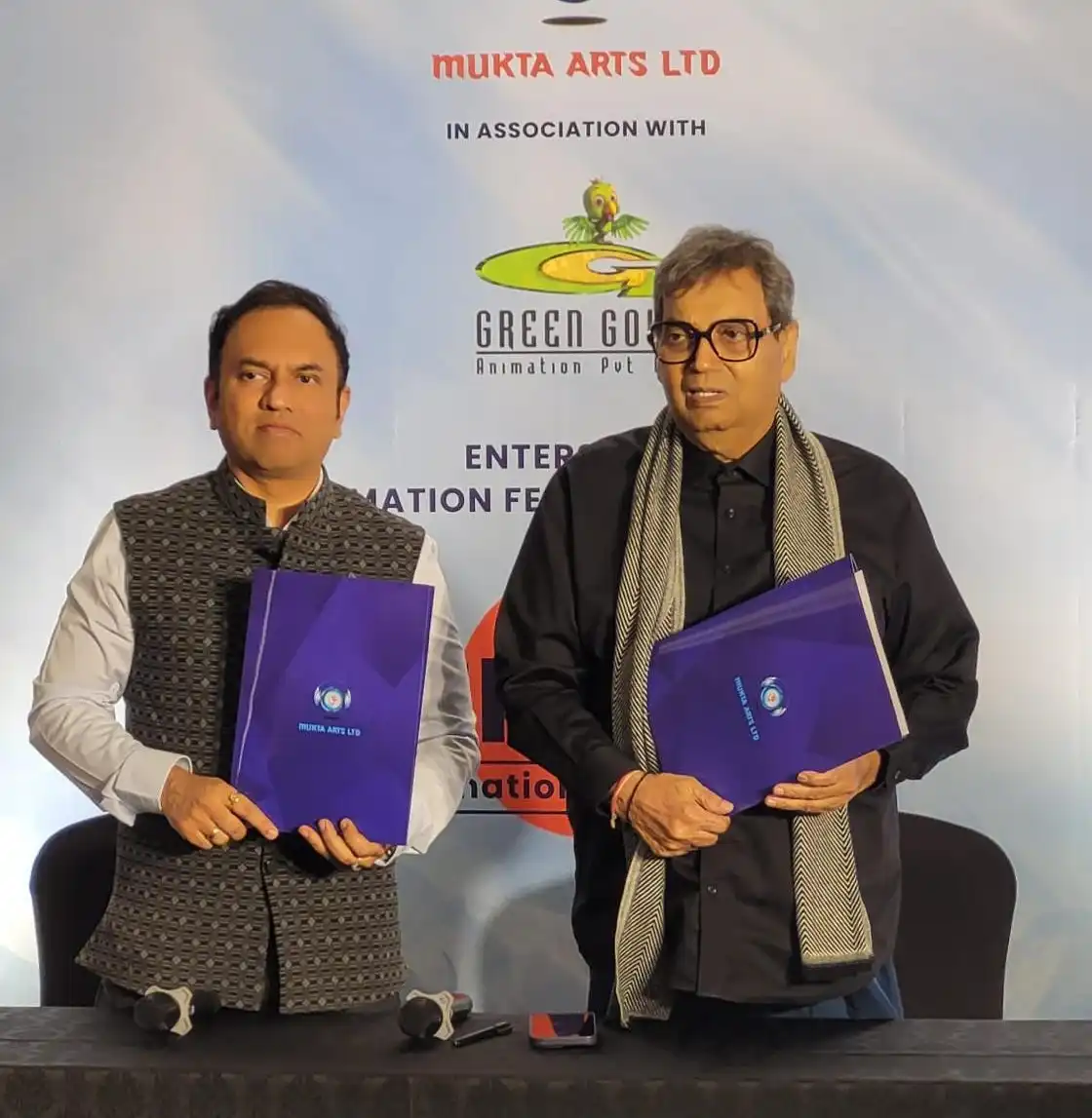Dr Shweta Pendse is very clear about her work philosophy: she wants it to be challenging. Currently, she has three plays running simultaneously—38 Krushna Villa, Nakalat Saara Gadale, and APerfect Murder, each showcasing her versatility and dedication to theatre.
In an exclusive chat, Dr Shweta Pendse spoke about her selection of projects, balancing work and personal life and more.
How does it feel to be a part of three successfully running plays?
It’s a proud, happy, and satisfying moment. Having worked in all mediums, I have always wanted to be associated with theatre, no matter what. It’s a rare opportunity and a pleasant one to be able to act in three plays that are running simultaneously. It’s an achievement and I am extremely grateful for it.
What are the pros and cons of starring/co-writing in three plays?
I don’t see any cons or negatives in it. Time management is crucial. In theatre, writing/scripting is done beforehand, so it doesn’t hinder the staging process. There’s no juggling as such for a writer who is associated with multiple plays. But as an actor, maintaining energy and managing time is essential. I take into account weather, and other factors when I have to reach venues that are in opposite directions. There are times when I am drenched or physically tired. But I don’t let it affect my work. As an artist, I keep my health and mood in check, balancing long days, work, and family. It’s a win-win for me. I’m responsible for everyone’s time and effort in these productions, and I’m grateful and happy because it’s my passion.

How do you choose your roles, and what draws you to a particular character or script in theatre?
The length of a character is never important; it’s the complexity that matters. I’m not enthusiastic about simple or straightforward characters. There has to be a challenge, something different from me. I look for intricate character graphs that make me think. Fortunately, I’ve been offered such roles, and I’ve never taken up plays just for the sake of it. Every role should help you grow as a person. A character has to get me thinking, it has to tire me physically and mentally. I am someone who always has questions. I get teased a lot about it. But that’s how I function. So when I choose a character, it has to intrigue me.
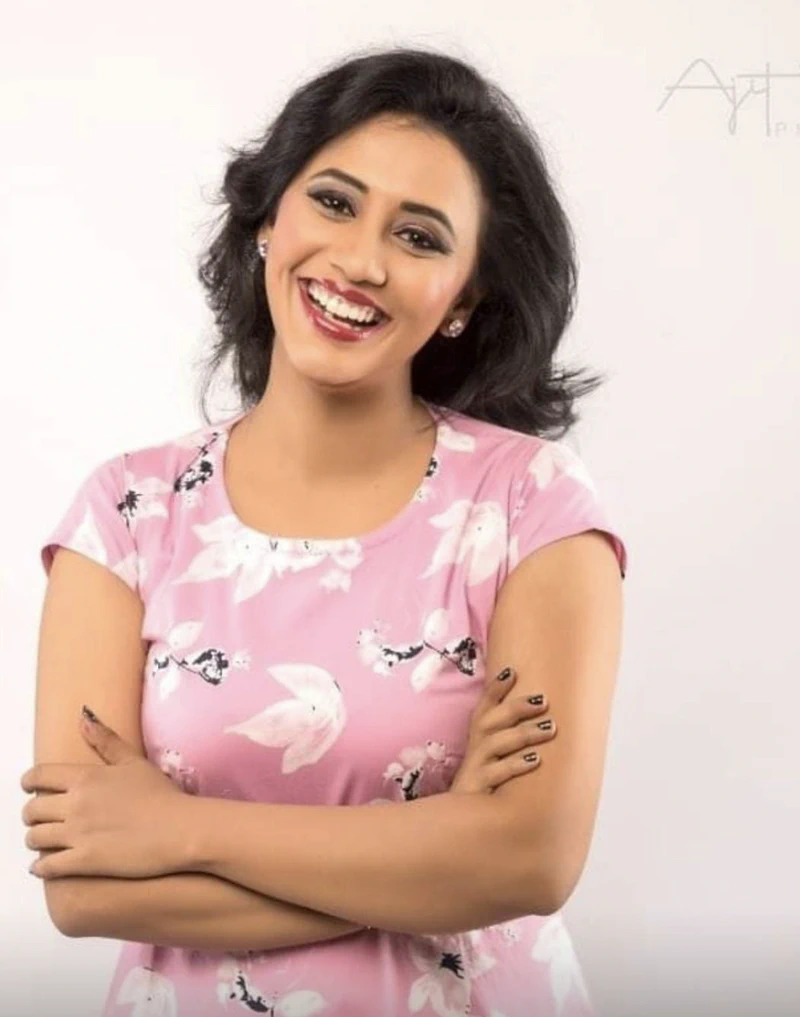
Tell us about your role in the play A Perfect Murder.
It’s a fantastic role. In 2017, I read the script and was in awe of Satish Rajwade’s portrayal of the inspector, using a unique dialect. However, at that point I was playing a different character in the play. Eventually I had to quite owing it my pregnancy. And now, Vijay sir (Kenkre, director) approached me for the role previously played by Satish. I was so thrilled. It was originally a male character, and it has been challenging because I play the female version of it. It a rare role you may not see many of these out there. But I got to portray it, thanks to Vijay Kenkre’s experimental approach. The character is sharp and witty, and I had to bring my own interpretation to it.
What was it like preparing for the role of a police officer in this play? Did you undertake any special training or research?
There has been no research or special training as such. I had to adopt a special dialect because that’s how the character speaks. Other than that, I had to focus on my body language. I played an inspector on screen before. But that’s a different ball game as camera angles differ. Here, on stage, the entire body is visible, unlike on camera. I worked on getting the stance and voice right, discussing the character’s nuances with Vijay Sir and Neeraj, the writer. The preparation involved understanding the character’s thought process deeply.
How do you approach character development, especially for roles that are complex and multi-layered?
Even if I’ve written the role, I always follow the director’s vision. Their perspective is crucial, and I blend it with my interpretation. Every role has different expectations. For ‘38 Krushna Villa,’ the emotional conflict was different from what I had written, but it turned out well under the director’s guidance. Asking questions and seeking satisfaction in understanding the character is key for me.
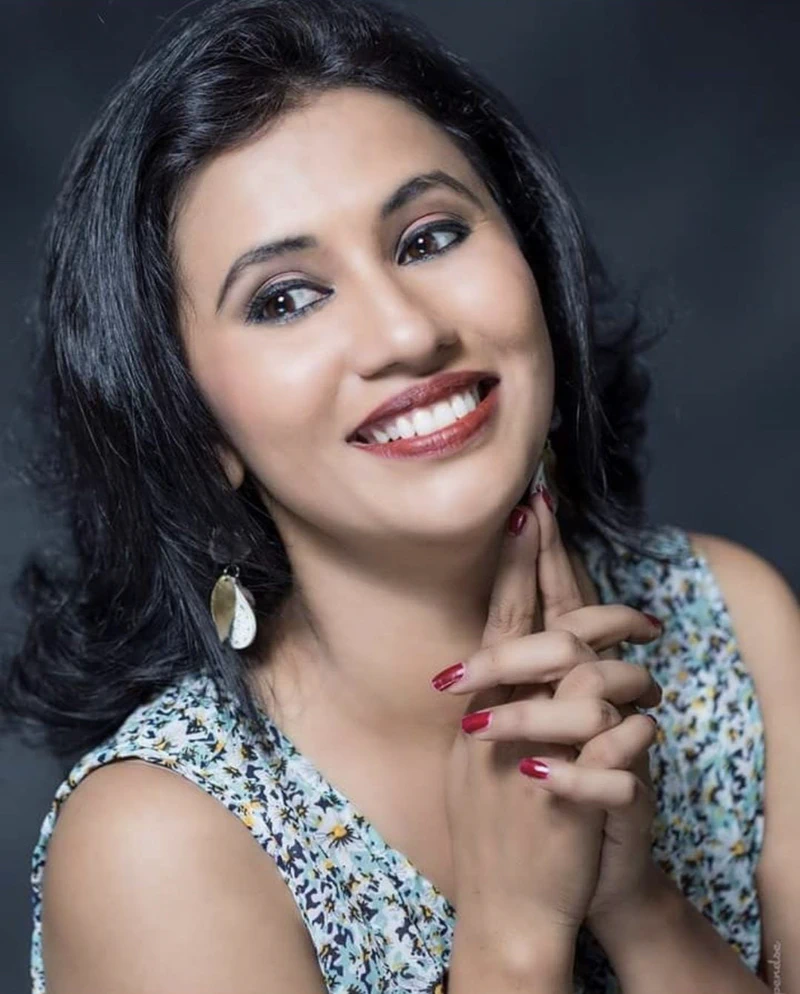
What are some personal rituals or routines you follow before going on stage?
I’m not a method actor and haven’t received formal training in theatre. My routine involves reaching the theatre early, being in the zone, and checking props and set. I do the ‘omkar’ after the second bell, a discipline instilled by Dr Girish Oak during 38 Krushna Villa. If there’s a gap between shows, I rehearse my lines to avoid any mishaps. Never gave the audience without preparation, as my father always said.
How do you balance your personal life with the demands of your acting career?
Instead of feeling guilty, I explain my commitments to my child and manage time effectively. My husband supports me by looking after our child, who sometimes accompanies me to plays. We manage everything mutually, discussing and finding ways to balance my passion for acting with family responsibilities. Finding the balance is crucial, and having the willpower, strength, and courage helps.

